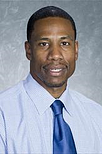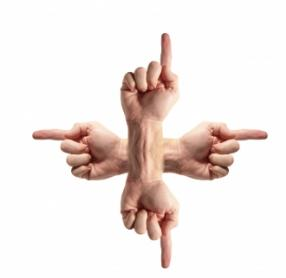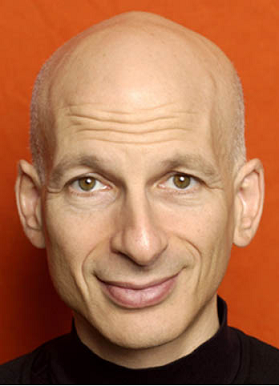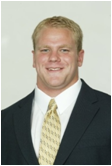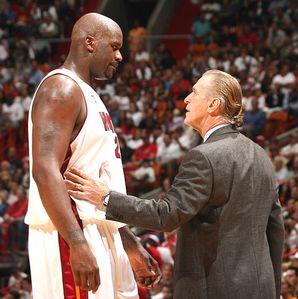by Keke Lyles, DPT, CSCS
I had a conversation with someone the other day who was telling me about how he has started to train with a guy who is currently in school with aspirations to become a strength coach. He was telling me about all the different books, websites, and articles that his guy has been reading. It is always refreshing to hear about any professional who is trying to do all they can to better themselves. He continued on to tell me how his guy started to use Graston tools on him to help with his soft tissue issues, and then shared with me how he got all “jacked up” from the Graston. He had to seek medical help to deal with the consequences.
My question to all professionals is at what point is it okay to read about different techniques or skills and then decide you are capable of performing such skill? I don’t want to sound like a bitter physical therapist who doesn’t like the idea of strength coaches trying to expand their knowledge, but as a strength coach myself, we MUST operate within our scope of practice. Even as a physical therapist, I would not recommend anyone just picking up Graston tools or any other such tool without proper training and education beforehand. Yes, it is true that given impairments would greatly benefit from such techniques, but our job as strength coaches, physical therapist, or athletic trainers is sometimes to swallow our pride and refer our clients/athletes to the people who are experts and trained properly to use specialized techniques.
Many techniques are certainly beneficial but at the same time can be very destructive to the tissues that we think we are correcting. As a result, serious consequences may arise from practitioners who are trying to do the right thing, but without the proper skill set. I urge us all to continue to read and learn about the advancements we are making both in the strength world as well as in the rehab world. However, just because I read about how great some patients responded to PRP injection in their patella tendon, doesn’t mean I am going to try to perform injections myself to everyone that comes to me complaining of patella tendon pain. That is not my decision to make and certainly not the person to perform it.
Be responsible with your actions and continue to read to learn about the current evidence-based practices so that when you come across someone who may benefit from such technique, you can do you part of informing them of the options and then refer them to the right person who is suitable to perform such technique.


